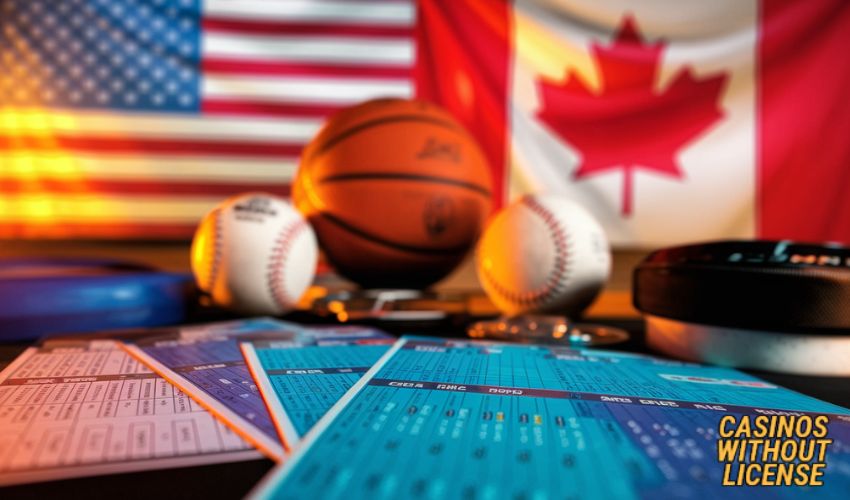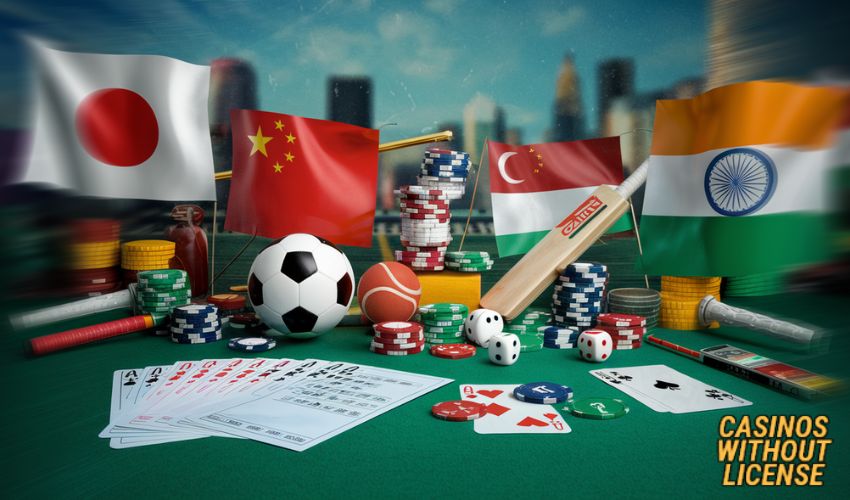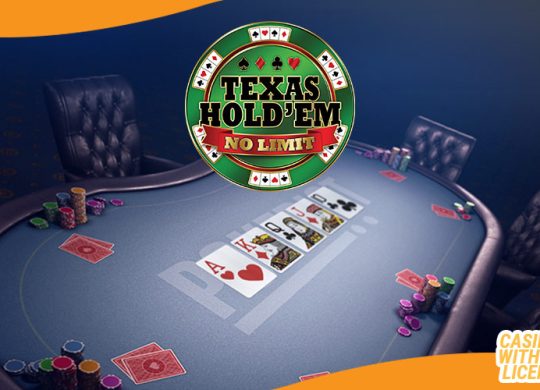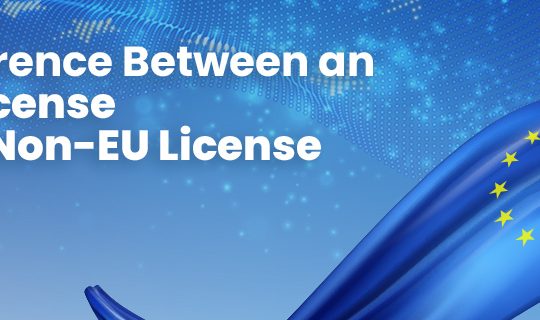Gambling Laws in Northern Europe
European gambling laws are diverse, reflecting each country’s unique priorities. In Sweden, the government maintains a monopoly over gambling through Svenska Spel, covering lotteries, sports betting, and casinos. Although gambling is legal in Sweden, stricter regulations introduced in 2019 limit advertising and ban bonuses to combat problem gambling.
However, Swedish players often turn to online casinos without license despite restrictions on credit card usage for such sites. A proposed licensing system may open the market to foreign operators in the future.
Norway also operates under a state monopoly system through Norsk Tipping and Norsk Rikstoto. The government enforces strict controls on advertising and blocks unlicensed operators to protect public health. However, this model faces criticism for driving players toward black-market platforms.
Denmark stands out with its liberalized approach since 2012. The Danish Gambling Authority oversees a licensing system that allows private operators to compete alongside state-run entities. The model has successfully balanced consumer protection with market growth and is often cited as a model for other Nordic countries considering regulatory reforms.
Gambling in the U.S and Canada

In North America, gambling laws differ significantly between Canada and the USA due to their distinct legal frameworks. Gambling is regulated at the provincial level under the Criminal Code in Canada.
Provinces like Ontario have embraced online gambling through licensing systems such as iGaming Ontario. Canadian gamblers enjoy tax-free winnings unless they are professional players.
On the other hand, U.S. gambling laws are fragmented between federal and state levels. While federal laws like the Unlawful Internet Gambling Enforcement Act (UIGEA) set overarching rules, states decide which forms of gambling are permitted. For instance, Nevada is a hub for slot casinos, while Utah prohibits all forms of gambling.
Online gambling is legal in 33 states but varies in scope. In addition, U.S. gamblers face federal taxes on winnings exceeding $600 and state taxes that can reach up to 40% in some jurisdictions.
Gambling Laws in the Middle East
Gambling laws in the Middle East are among the most restrictive globally due to Islamic principles prohibiting games of chance (haram). Countries like Saudi Arabia enforce absolute bans on all forms of gambling with severe penalties for violations.
The UAE also prohibits gambling but makes exceptions for specific events like horse racing under tight controls. Wynn Resorts is set to open an integrated resort in Ras Al Khaimah by 2027, marking a significant shift as it will include gaming facilities tailored for international tourists while adhering to local cultural sensitivities.
Qatar and Kuwait follow similar prohibitive stances but allow limited forms of betting tied to traditional activities like camel racing or sports events. Players find and play in Arab online casinos in these countries with most platforms licensed by MGA and Curacao.
Gambling in Japan, China, Singapore, and India

Asian countries adopt highly varied approaches to gambling regulation based on cultural norms and government priorities. In Japan, gambling is primarily restricted except for specific activities like pachinko, horse racing, and recently legalized integrated resorts offering casino gaming under strict oversight. These resorts aim to boost tourism while minimizing social harm.
China enforces one of the world’s strictest anti-gambling regimes due to concerns about addiction and illegal activities. Only state-run lotteries are permitted on the mainland, but Macau operates as a special administrative region with a booming casino industry that generates significant revenue.
Singapore adopts a regulated approach with two integrated resorts, which are Marina Bay Sands and World Sentosa. These operate under strict government oversight. Citizens face entry fees to discourage excessive gambling, while tourists are exempt.
Other Asian nations like India have inconsistent laws, such as some states permitting lotteries or casinos while others impose outright bans. These variations reflect differing local attitudes toward gambling’s economic benefits versus its social costs.
Gambling Laws in Australia
Australia has one of the highest rates of gambling participation globally but regulates it stringently at both federal and state levels. The Interactive Gambling Act prohibits most forms of online gambling by domestic operators while allowing Australians to access international platforms. Land-based casinos operate under strict licensing requirements aimed at ensuring responsible gaming practices.
Gambling Laws in South America
In South America, countries exhibit diverse approaches influenced by economic needs and public sentiment. Brazil recently legalized sports betting but continues to debate broader reforms for casino gaming.
Argentina allows provinces to regulate their markets; Buenos Aires has embraced online gambling while other regions remain cautious. Chile and Colombia have taken progressive steps by introducing licensing systems for online platforms aimed at boosting tax revenues and curbing illegal operations.
Final Words
Gambling laws differ across jurisdictions due to varying cultural values, economic goals, public health concerns, and legal systems. While some regions embrace liberalization to stimulate growth or tourism, such as Denmark or Macau, others prioritize strict controls to protect societal well-being, including Saudi Arabia and China.










